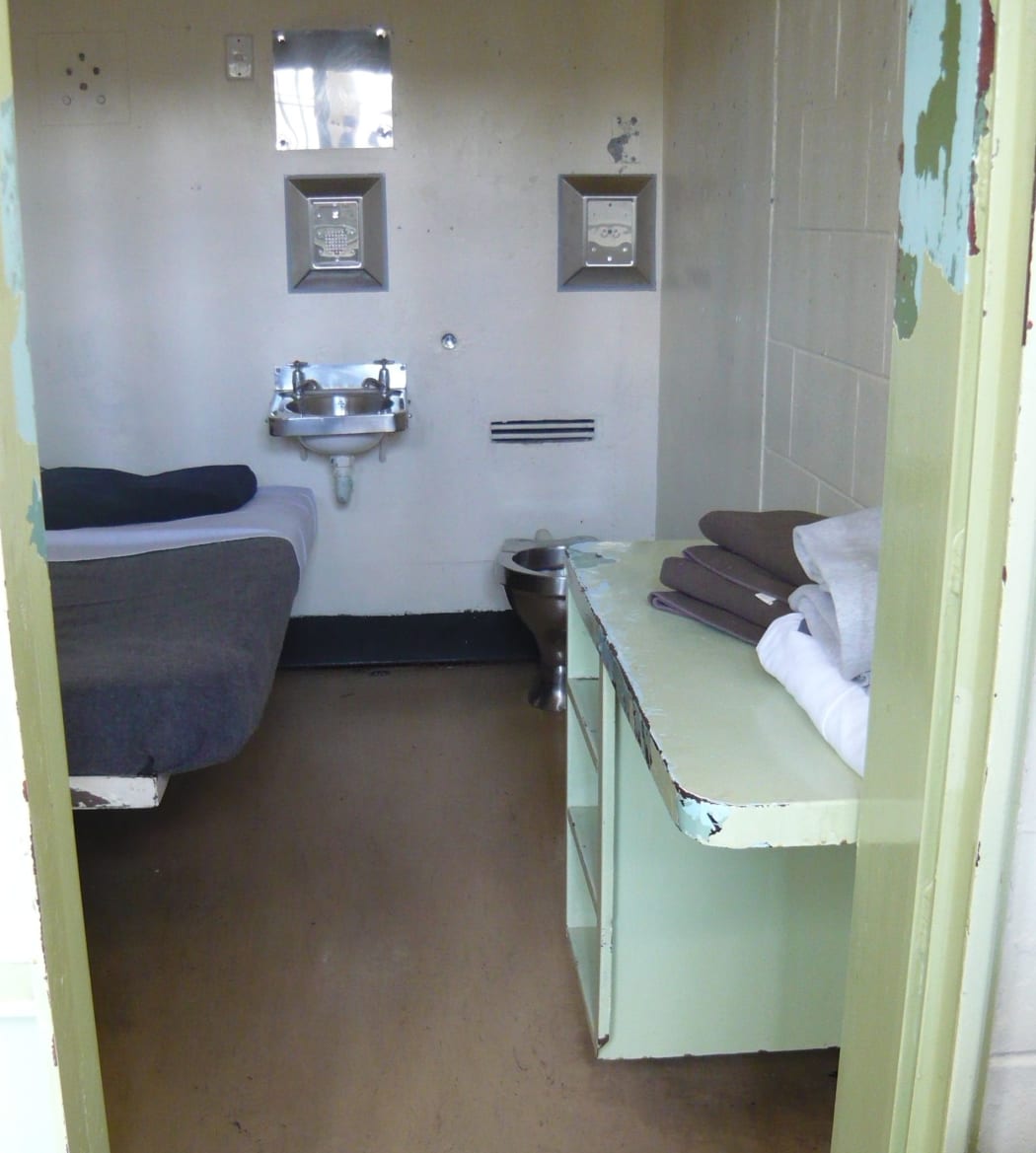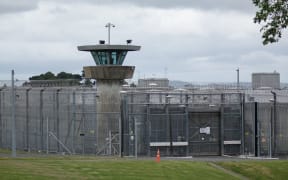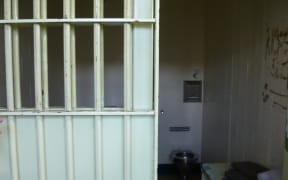A Māori prison reform advocate says the Government is avoiding racial issues in New Zealand and needs to take responsibility for the problem.
A United Nations report from the Committee of Torture is highly critical of the Government and says it needs to increase its efforts to reduce the over-representation of Māori in prisons.

A cell at Auckland Prison. Photo: RNZ
Only 15 percent of New Zealand's population is Maori and yet they make up over 50 percent of prison inmates.
The UN said they were worried by the figures.
An advocate for Māori prison reform and research fellow at the Stout Research Centre at Victoria University of Wellington said every time the UN told the Government there was a problem, it repeatedly ignored the issue.
Kim Workman said it could not go on any longer.
"I don't believe the Government can ignore the issue any longer. It has done so for 10 years and people are starting to point the finger.
"Someone has to have the guts, probably the Prime Minister, to stand up and say we have an issue, and we are going to address it."
Mr Workman said between 2011 and 2014 the Government introduced 13 legislative acts which conflicted with New Zealand's Bill of Rights.
He said eight of those were linked to more difficult conditions for prisoners' release.
Mr Workman said the changes reflected badly on the country's image.
"Our human rights reputation is sliding steadily downwards and that's the next issue that I think will come onto the agenda."
The UN report recommended that New Zealand address the over-representation of Māori in the prison system by intensifying and strengthening community based approaches.
A member of the Māori Law Society agreed with its findings.
Willow-Jean Prime said the Government needed to increase funding for community services.
Mrs Prime said its proposal to cut staff numbers in corrections facilities and reduce re-offending by over 25 percent by 2017 was contradictory.
"I just struggle to understand how they believe they can achieve that, when, on the one hand, they are making cuts and on the other they are wanting to increase the outcomes in education and other services in the Corrections Department.
"It's going to require from the Government a real investment in this area and for them to seriously look at the recommendations in this report."
The co-chair of the Māori Caucus for the National Network for Stopping Violence said more money needs to be spent if things are to change.
Takurua Tawera said there are many experts within the Māori community that could help solve the over-representation of Māori in prisons and the Government should be bringing those experts together.
"Māori should be a figure that should be considered as those experts, especially if it wants to reduce or address the Māori population that are entering the prisons."
But Prime Minister John Key said the Government was working much more aggressively on rehabilitation in prisons.
"What we're trying to do is work much more aggressively on rehabilitation because there is no point just putting people in prison, you've got to stop them going back.
"And that's the big emphasis, where its really a prison that sets up trade training and making sure people come out with skills."
Department of Corrections Director Neil Campbell said the following in a statement to Te Manu Korihi:
"Corrections offers a number of rehabilitation programmes which aim to empower offenders to break the cycle of their offending by giving them the opportunity to learn the skills they require to change their patterns of behaviour.
"Offender needs are identified by case managers, and offenders are given the opportunity of participating in programmes that help to address their needs.
"These include Tikanga Maori Programmes, Special Treatment Programmes for sex offenders, Domestic Violence Treatment, and Alcohol and Drug Treatment Programmes.
"The involvement and inclusion of whanau within the rehabilative and reintegrative aspects of an offender's pathway have been introduced to enhance the effectiveness of these programmes."






